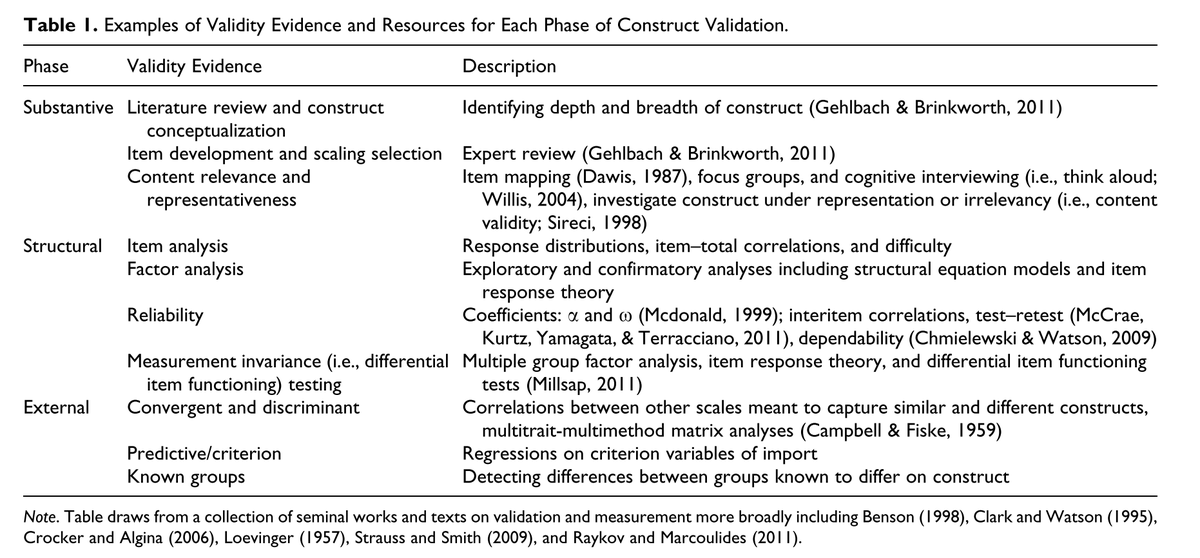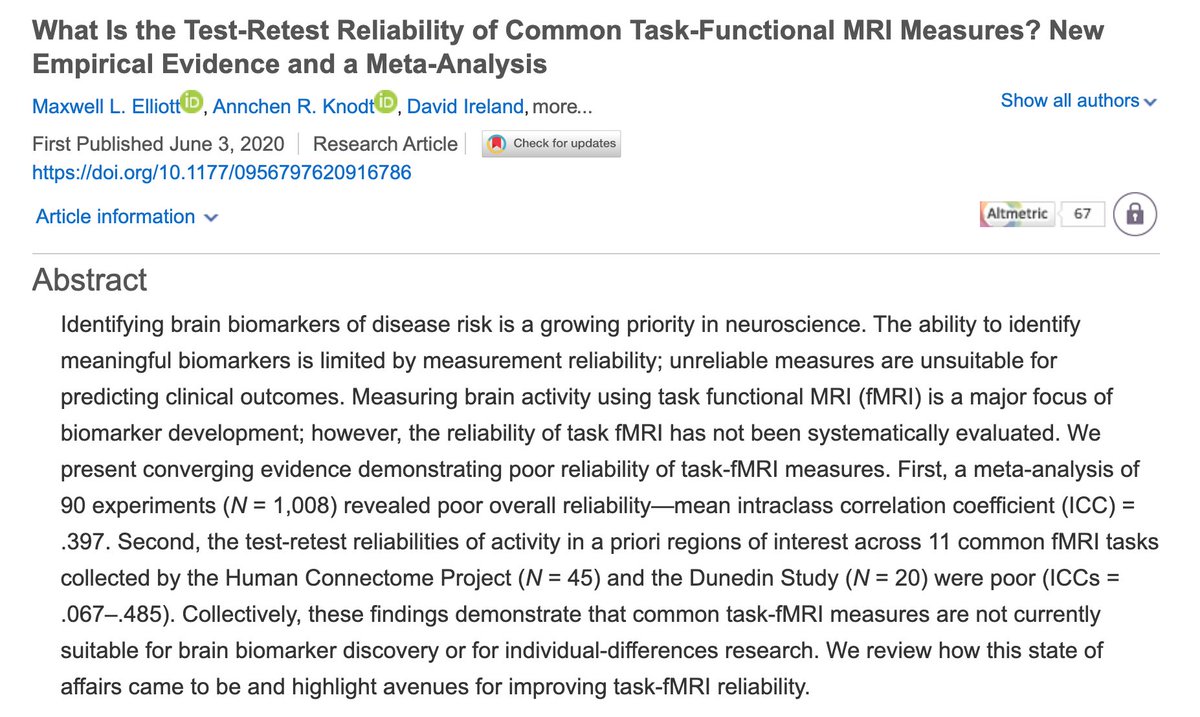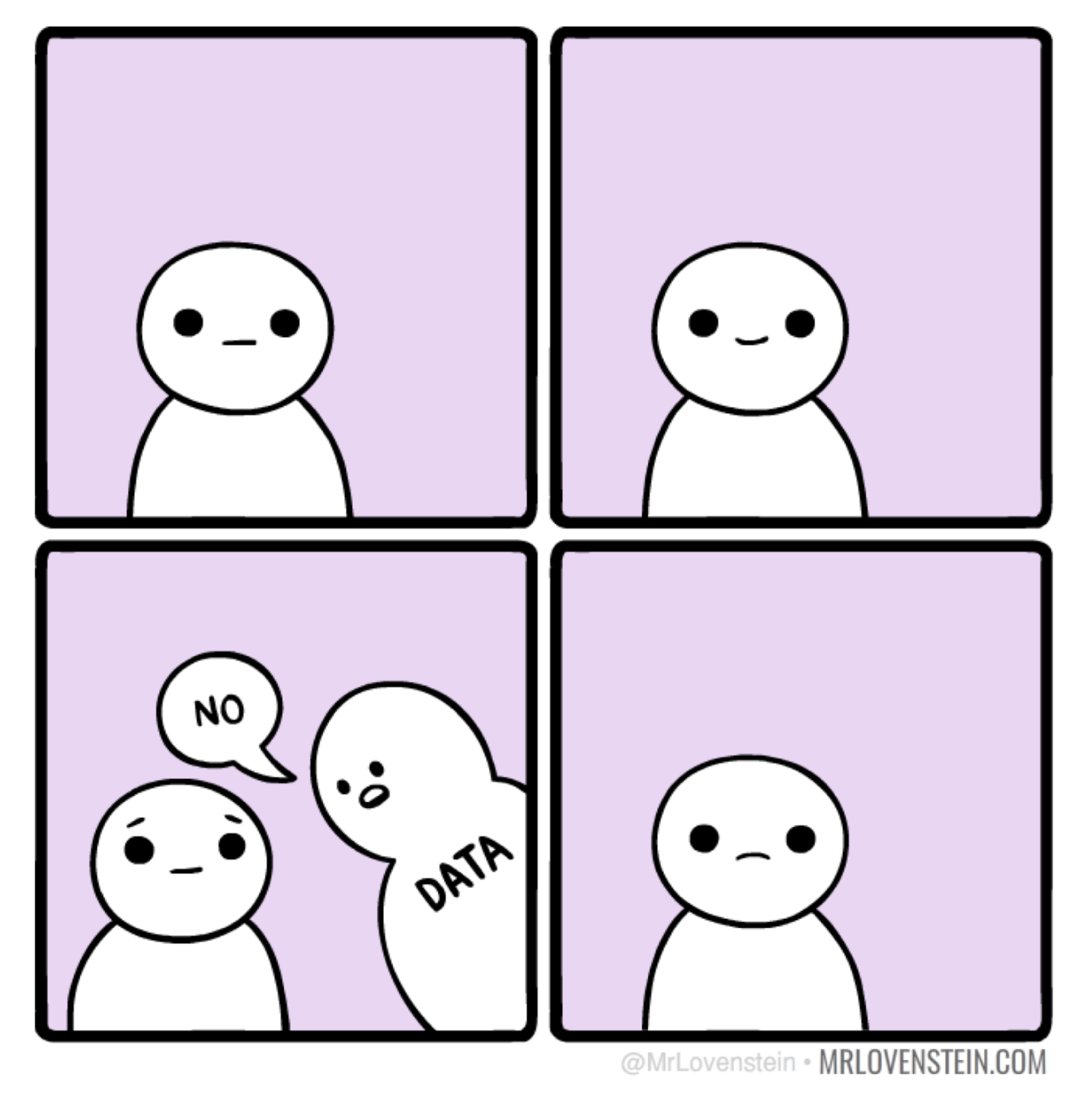@NIMHgov to standardize mental health measures; thread with my thoughts below 🧵
The biggest ✅ is that standardization enables comparison. With 280 scales to measure depression alone, this is overdue.
linkedin.com/pulse/funders-…
Which leads me to the biggest ⛔️ of this decision:

osf.io/qdkpw/
My hope is that this decision will bring more attention to a crucial & under-appreciated topic, but I am worried it will do the opposite.







